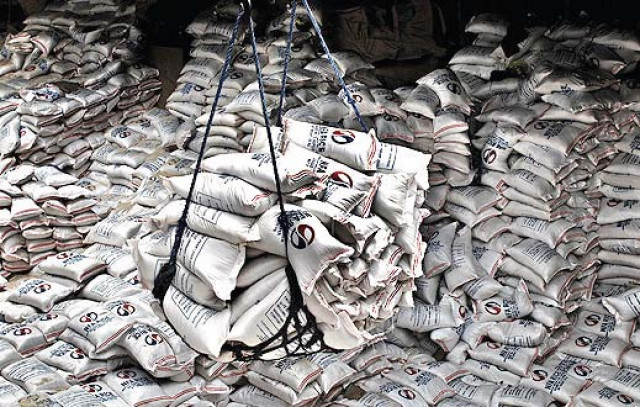Pakistan traders shy away from Iran as sanctions hurt
Iranian importers are now finding it much more difficult to settle payments for critical imports.

Pakistan traders shy away from Iran as sanctions hurt
While earlier restrictions have made it difficult to trade with Iran, fresh sanctions earlier this year including US ones against Iranian financial institutions and European Union sanctions on crude imports have tightened the noose further.
Iranian importers are now finding it much more difficult to settle payments for critical imports, including food items, officials and traders said.
"They are facing a foreign reserves issue because of sanctions. They don't want to import too much and reduce their reserves," Shoaib Anwar, an assistant director at the Trade Development Authority of Pakistan told Reuters.
"This is the outcome of the sanctions, that's the reason for these issues."
Iran's rial has plunged as the sanctions take effect, raising the price of imports for the economy and making it difficult to find Dubai-based middlemen who can process payments to keep the country's trade flowing.
"We use lines of credit opened through agents in Dubai, but that too has become difficult because of sanctions and the resulting currency fluctuations," said Javed Agha, chairman of the Rice Exporters Association of Pakistan.
Rice is Pakistan's biggest export to Iran, almost 60 percent of a total of $161.94 million in the 2010-11 financial year.
Other Pakistan food exports to Iran, like fruits and vegetables, have also been hit by sanctions, Anwar said.
In the first quarter of the current financial year (July to September 2011), Pakistan exported rice worth $17.03 million, down from $22.16 million in the same quarter of the previous year.
Bread and rice dominate the diet of most Iranians, many of whom can no longer afford to buy meat, which now sells for about $30 a kilogram in Tehran.
Bread prices have tripled since December, while rice costs about $5 per kg (2.2 lbs). Iranians earn about $350 a month on average, while officials put the poverty line at $800.
Iran imported 62 percent of its maize, 45 percent of its rice and 59 percent of its sugar in 2010-11, but only 3 percent of its wheat, data from the US Department of Agriculture shows.
Indian exporters said on Tuesday that Iranian buyers had defaulted on $144 million in payments for rice imports, and the All India Rice Exporters' Association called on members to cease exports to Iran on credit terms.
Iran is facing similar problems with traders in Malaysia, China and Ukraine. Tehran's crude oil customers are also cutting back on purchases.



















COMMENTS
Comments are moderated and generally will be posted if they are on-topic and not abusive.
For more information, please see our Comments FAQ